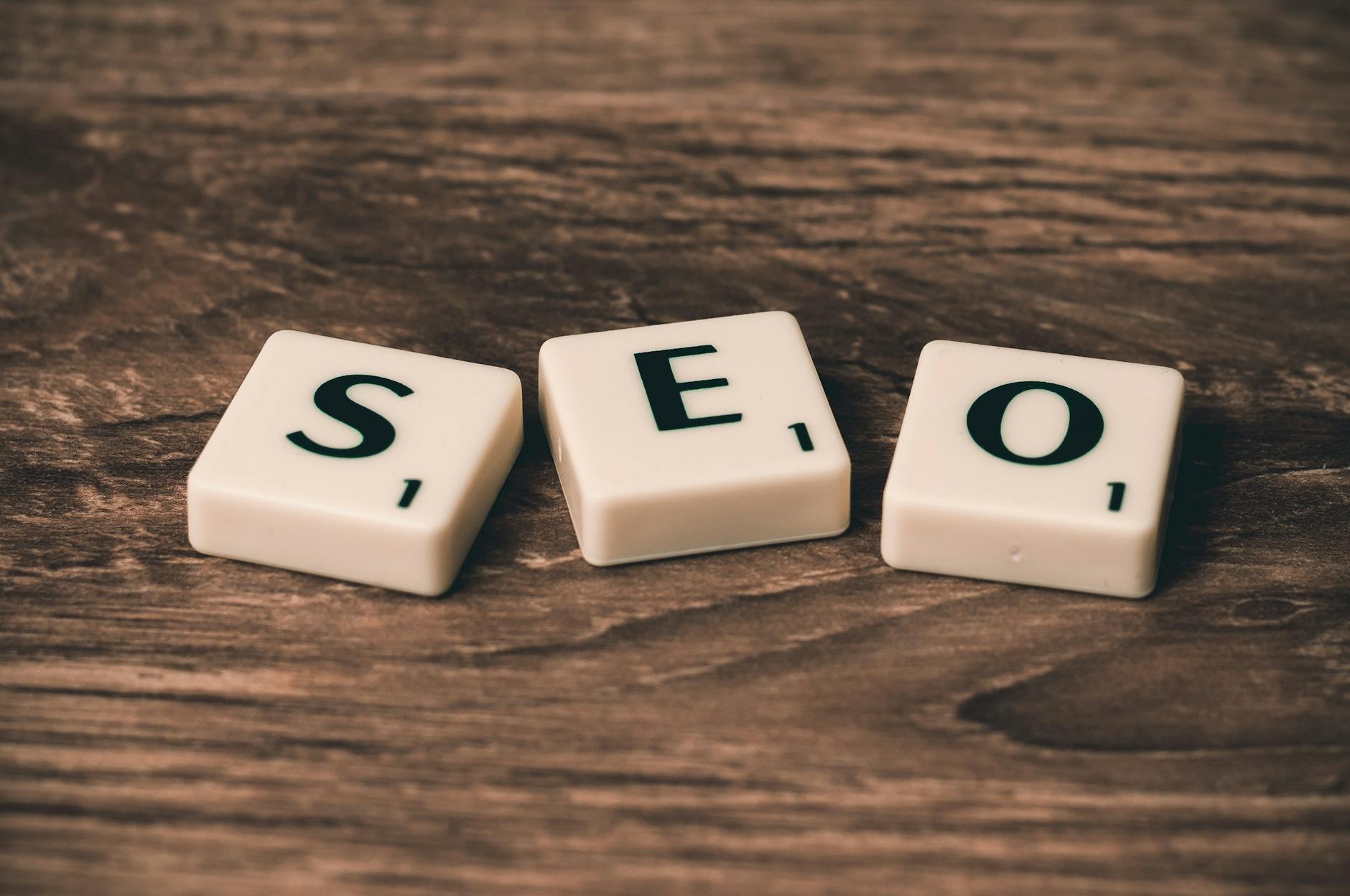In the ever-evolving landscape of marketing, the concept of personalization has become increasingly vital for businesses seeking to connect with their target audience on a deeper level. Through personalized marketing strategies, businesses can tailor their messaging and offerings to cater to the unique preferences and needs of individual consumers, ultimately driving engagement, loyalty, and conversions. In this article, we will explore the significance of personalization in marketing and provide effortless strategies for success in implementing personalized marketing campaigns.
Understanding the Power of Personalization in Marketing
Personalization in marketing refers to the practice of leveraging data and insights to deliver targeted and relevant content, recommendations, and promotions to individual consumers. By personalizing marketing efforts, businesses can create a more personalized and engaging experience for their audience, leading to increased brand affinity and customer satisfaction. Personalization allows brands to move away from generic, one-size-fits-all marketing approaches and instead deliver tailored messaging that resonates with the unique preferences and interests of each consumer.
The Benefits of Personalization in Marketing
There are numerous benefits to incorporating personalization into your marketing strategy. First and foremost, personalized marketing can help improve customer engagement and loyalty by showing consumers that you understand their needs and preferences. By delivering relevant content and offers, you can enhance the overall customer experience and build stronger relationships with your audience. Personalization can also lead to higher conversion rates as consumers are more likely to respond positively to messages that are tailored to their interests and behaviors.
Effortless Strategies for Personalized Marketing Success
1. Utilize Data Analytics: Start by collecting and analyzing customer data to gain insights into their preferences, behaviors, and purchase history. This data can help you create targeted marketing campaigns that resonate with individual consumers.
2. Segment Your Audience: Divide your audience into smaller segments based on factors such as demographics, behavior, or preferences. By targeting specific segments with personalized messaging, you can improve the relevance and effectiveness of your marketing efforts.
3. Personalize Email Campaigns: Tailor your email marketing campaigns by using personalized subject lines, content, and offers based on customer data. Personalized emails have been shown to generate higher open and click-through rates compared to generic emails.
4. Implement Dynamic Website Content: Use dynamic content on your website to deliver personalized experiences based on each visitor’s browsing history, location, or past interactions with your site. This can help enhance user engagement and drive conversions.
5. Leverage AI and Machine Learning: Explore the use of artificial intelligence and machine learning technologies to automate and optimize your personalization efforts. These tools can help you deliver real-time personalized experiences at scale.
Conclusion
In conclusion, personalization is a powerful strategy that can help businesses connect with their audience in a more meaningful way. By implementing personalized marketing tactics, businesses can improve customer engagement, loyalty, and conversions. With the right strategies in place, personalization in marketing can be a highly effective tool for driving success and growth in today’s competitive market. By following the effortless strategies outlined in this article, businesses can elevate their marketing efforts and create more personalized experiences for their customers.



